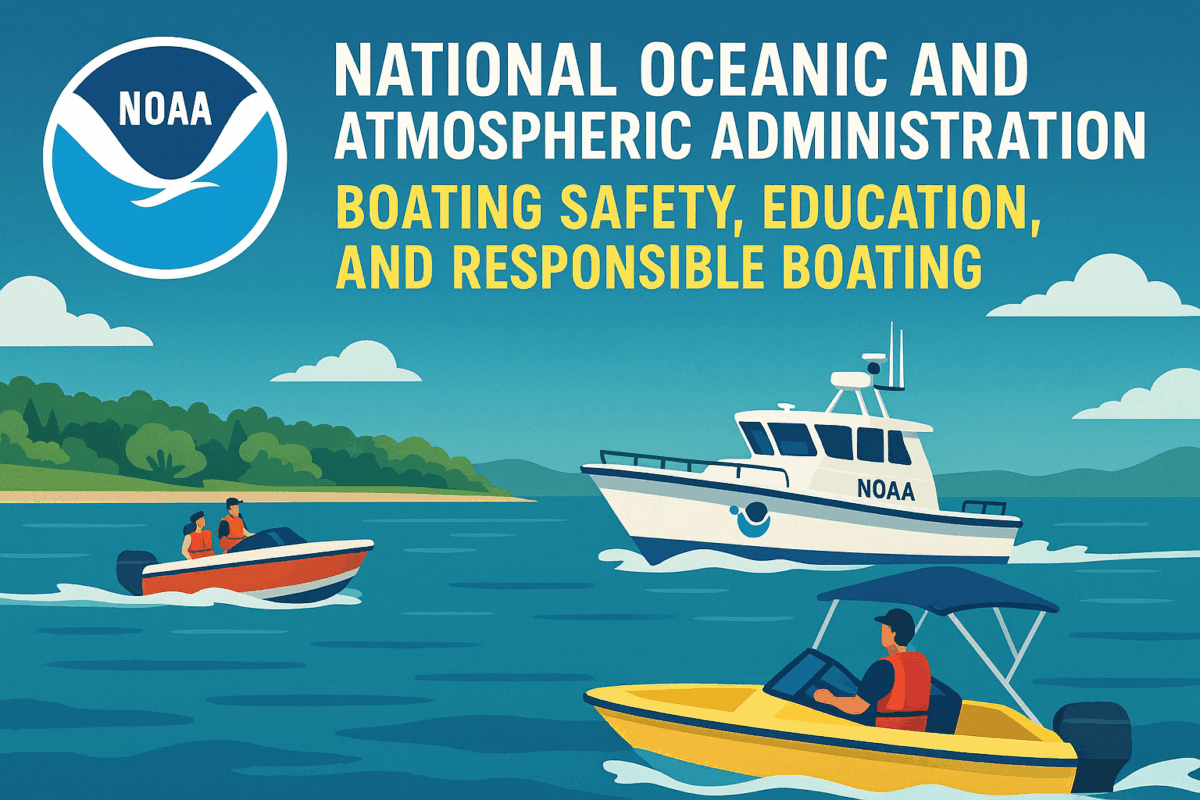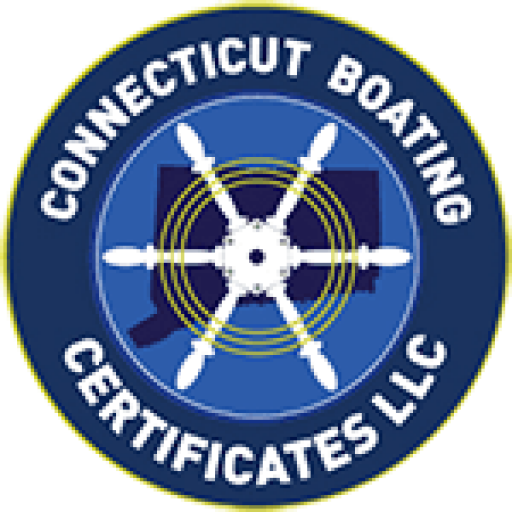Call: 1-800-832-7191

NOAA Do We Need Lighthouses
NOAA Do We Need Lighthouses Explores Their Role in Modern Navigation
The NOAA Do We Need Lighthouses initiative examines the relevance of lighthouses in today’s high-tech maritime world. While GPS and electronic charts dominate navigation, lighthouses still serve important functions. Because visibility and technology can fail, these historic structures offer backup guidance. Mariners, coastal communities, and historians continue to value their presence. By understanding their evolving role, boaters gain insight into both tradition and safety.
Lighthouses Still Provide Visual Navigation Support
Lighthouses remain useful for visual confirmation, especially in poor weather or low-light conditions. Their unique light patterns help mariners identify specific locations. Because electronic systems can malfunction, lighthouses offer a reliable fallback. They also assist in coastal navigation where hazards like rocks, shoals, and reefs exist. Mariners often use them to verify chart data and confirm position. These structures continue to serve as trusted landmarks for safe passage.
NOAA Do We Need Lighthouses Highlights Safety and Heritage
The NOAA Do We Need Lighthouses campaign also emphasizes the cultural and historical significance of these coastal icons. Many lighthouses are preserved as museums or active aids to navigation. Because they symbolize maritime heritage, communities work to maintain them. NOAA supports lighthouse preservation through partnerships and educational outreach. These efforts ensure that lighthouses remain part of the safety infrastructure and public memory. Their legacy continues to inspire and inform.
Technology Advances, but Lighthouses Still Matter
Modern navigation relies heavily on GPS, AIS, and radar systems. However, redundancy is key to maritime safety. Because electronic tools depend on power and signal strength, lighthouses offer non-electronic support. Mariners are trained to use multiple navigation methods, including visual cues. The NOAA Do We Need Lighthouses message encourages boaters to respect traditional aids while embracing innovation. Combining old and new tools leads to safer, more reliable navigation.
